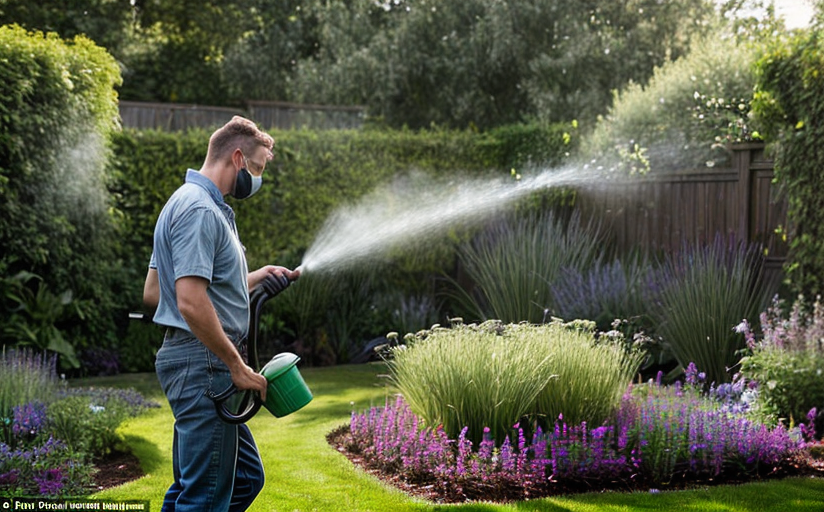The Impact and Alternatives to Pesticides in Home Gardening
The use of pesticides in home gardening has become a customary practice across the world. Designed to eradicate pests that can damage or destroy fruits, vegetables, and other plants, these chemicals are often seen as the gardener's best friend. However, the truth is, they can become a silent enemy to the environment and human health.
The Impact of Pesticides on the Ecosystem
Pesticides not only affect the pests they are designed to eliminate. They also have significant repercussions on the broader ecosystem. Non-target organisms, including beneficial insects, birds, and aquatic life, can be severely affected by pesticide use. They can poison organisms directly, or accumulate over time, causing long-term damage to both individual animals and overall populations. Furthermore, they can contaminate soil, water, and air, leading to large-scale environmental degradation.
The Impact of Pesticides on Human Health
Not only do pesticides impact our environment, they can also harm us. Chronic exposure to certain pesticides can lead to serious health issues, including cancer, neurological disorders, hormonal disruption, and reproductive health problems. Moreover, even minor exposure can cause acute health effects like skin and eye irritation, nausea, headaches, dizziness, and fatigue.
Sustainable and Environmentally-friendly Alternatives
Due to these risks, there has been growing interest in finding sustainable and environmentally-friendly alternatives to traditional pesticides. These include:
- Biopesticides: Derived from natural materials such as animals, plants, bacteria, and certain minerals.
- Companion planting: Certain plants can deter pests when planted together.
- Organic gardening: Involves a set of methods that avoid synthetic fertilities and pesticides.
- Integrated Pest Management (IPM): This approach includes biological control, habitat manipulation, modification of cultural practices, and use of resistant varieties.
By adopting these alternatives, we can minimise the harm caused by pesticide use, while still maintaining flourishing gardens.
Conclusion
While pesticides play an undeniable role in controlling unwanted pests, awareness of their adverse impact on the ecosystem and human health is key. It is high time we turn to more sustainable and environmentally-friendly methods. After all, earth is our home. We should treat her with the care and respect she deserves.




















Comments
Leave a Comment